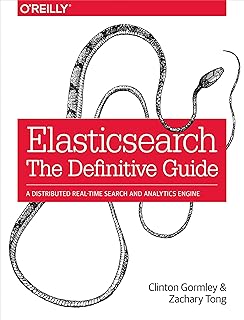Google’s search remedies ruling in the Department of Justice’s antitrust case has sparked mixed reactions among critics and industry experts. The ruling, delivered by Judge Amit Mehta, acknowledged Google’s monopolistic position in the search and advertising sectors. While the decision requires Google to share some search data with competitors, it falls short of breaking up the tech giant or imposing more stringent measures.
Many vocal opponents of Google’s dominance express dissatisfaction with the remedies, arguing that they do not go far enough to address Google’s stranglehold on the market. Senator Amy Klobuchar emphasizes the need for additional regulations to curb Big Tech’s unfair practices and protect consumer choice and innovation. DuckDuckGo CEO Gabriel Weinberg voices concerns that the ruling fails to adequately address Google’s anti-competitive behavior, especially in AI search.
News / Media Alliance president Danielle Coffey highlights the detrimental impact of Google’s AI offerings on content creators, urging for more significant changes to safeguard a competitive digital landscape. The Tech Oversight Project’s executive director Sacha Haworth criticizes the ruling for not decisively curbing Google’s monopolistic tendencies, particularly in emerging technologies like AI.
On the other hand, supporters of Judge Mehta’s decision commend the rejection of drastic measures like breaking up Google. Computer & Communications Industry Association president Matt Schruers notes the importance of balancing competition and consumer privacy in the aftermath of the ruling. Competitive Enterprise Institute’s Jessica Melugin raises concerns about the eligibility criteria for data-sharing competitors.
NetChoice’s Robert Winterton praises the court’s balanced approach in avoiding extreme measures that could disrupt the tech industry landscape. Chamber of Progress CEO Adam Kovacevic points out the precedent set by the Microsoft antitrust case and the need for tailored remedies that address specific offenses without unduly disrupting the market.
Despite the varied reactions, Google plans to appeal the ruling that deemed it an illegal monopolist, signaling a continued legal battle ahead. The tech industry closely watches the unfolding developments, anticipating the implications of the search remedies ruling on Google’s future operations and the broader digital ecosystem.
The ongoing debate surrounding Google’s market dominance underscores the complexities of regulating tech giants and ensuring fair competition in the digital age. As technology continues to evolve, policymakers, regulators, and industry stakeholders face the challenge of striking a balance between innovation, consumer welfare, and market competition.
📰 Related Articles
- Supreme Court ‘Gay Wedding Cake’ Ruling Sparks Global Debate
- Sean ‘Diddy’ Combs Trial Sparks Music Industry Integrity Debate
- Makeup Artist’s Insensitive Remark Sparks Industry Ethics Debate
- Kalshi’s Sports Prediction Innovation Sparks Legal Battles and Industry Debate
- Government Transition from Tape to Digital Storage Sparks Industry Debate





